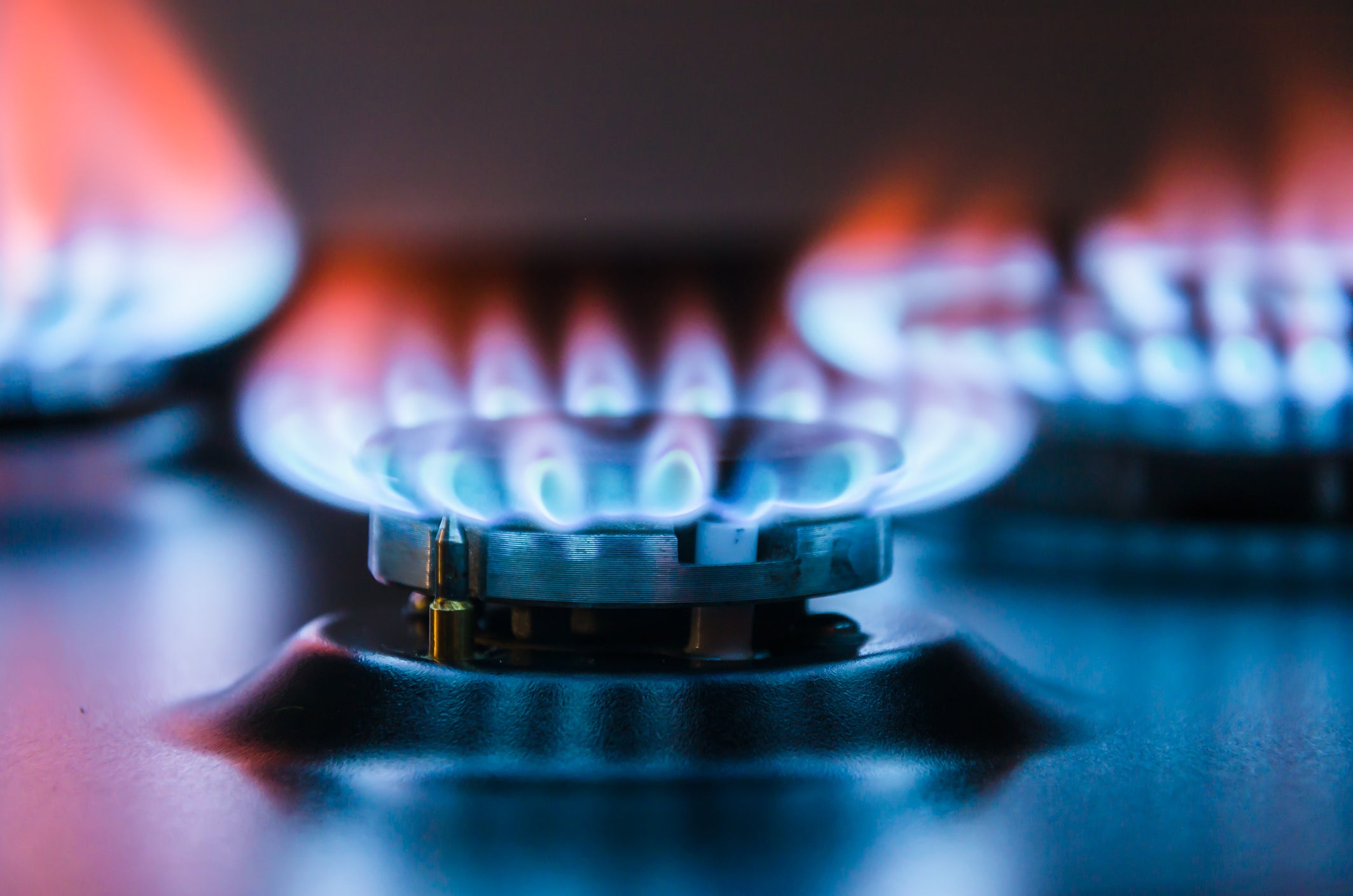The energy crisis is an embarrassment for free market evangelists
The prime minister says that market forces will rectify rising gas prices. Is he right? Obviously not


Boris Johnson says that market forces will sort out the gas crisis. Is he right? Obviously not – and not just because it’s him saying it (usually a reliable guide to judge any given proposition).
The free market in energy doesn’t exist. There is, most obviously, a price cap on domestic energy tariffs. This means, as now, that when costs rise substantially and unexpectedly, firms cannot pass on price rises to consumers. So there’s no profit and they go bust. Other companies are supposed to then land like locusts on all these lucrative customers desperate for gas to heat their homes and warm their meals, but of course the cap is inviolable and old fixed-tariff commitments have to be honoured by new suppliers – not an attractive prospect. The price cap is preventing the free market from operating.
So too are the various green energy – and other – policies that have virtually cut off the supply of coal, reduced the capacity of the nuclear sector and promoted renewables (and we know that wind and sunshine don’t always turn up for duty when needed). That’s not an argument for scrapping our climate crisis policies, and letting prices and pollution rip – but merely to point out that even if markets could save us from crises such as this, they won’t.
That’s the one good thing about the natural gas price spike – it reminds us just how dangerously reliant we are on this finite resource. It is a glimpse into a future we don’t want to contemplate, when the gas runs out. Long before then there will be more shortages and, aside from all the arguments about CO2, it is why we need to start making changes now. Yes, we should have started the move away from gas boilers, especially for domestic heating use, towards electric air – and ground – heat pump technologies. Both are vastly expensive and don’t work as well as gas – but that’s all the more reason why we should have invested in the sector and found ways to push the cost down.
We have done that with electric cars, as it happens, which are vastly more capable and relatively cheaper than they were a decade ago. The same needs to be tried with these new domestic heating systems. They use a little electricity to run but take most of their energy from the environment. With renewable and nuclear electricity being able to supply some of the demand (e.g. for cooking), the strategic switch to local-, home- and business-based energy generation via air and ground heat pumps would transform both national energy security and households’ costs.
No one should have to worry about heating bills ever again, provided the cost of the pumps is covered through a national switchover programme, just as we did a half a century ago when we went from “town gas” to transporting and installing natural gas into every home and workplace in the country. If market forces won’t do it, or can’t, then the state will have to bear the cost and find a way to charge the costs back to consumers in fair and manageable ways.
Installing electricity and phone lines, creating a national grid, building roads and motorways, pipelines for natural gas, laying fibre optic cables – such massive infrastructure projects have been done before, and we can do it again now, for the heat pumps. For the nation it will pay for itself over the long run. Or we can just shiver.
Join our commenting forum
Join thought-provoking conversations, follow other Independent readers and see their replies
Comments